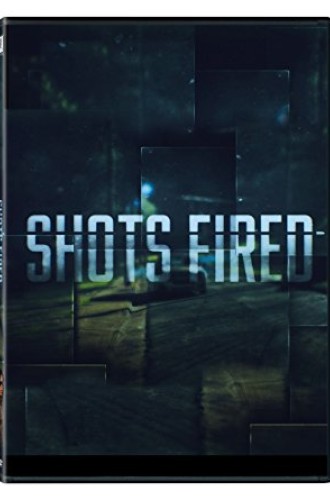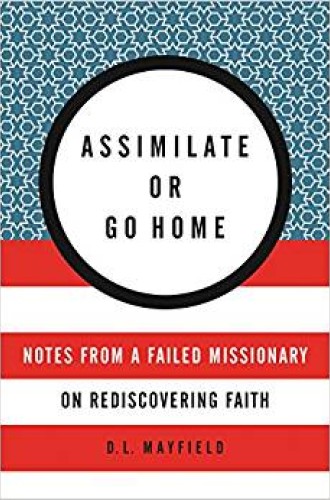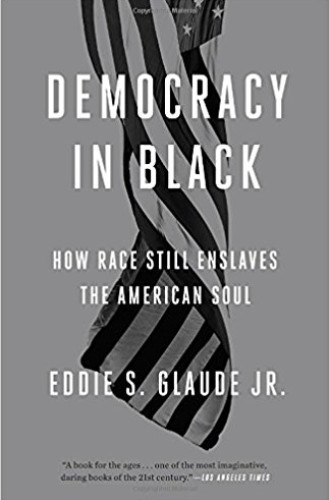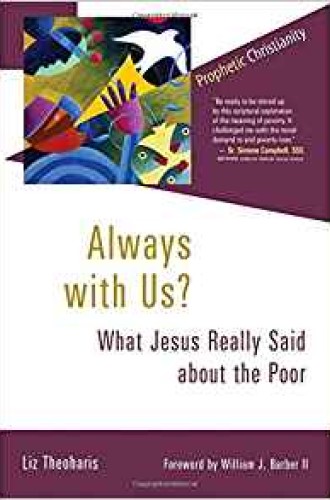Messengers of hope
This Advent, the people who have spoken most clearly to me are women and people of color: Aisha Hinds, D. L. Mayfield, Eddie Glaude, and Liz Theoharis.
If our Christmases are not merry, it is because we will not wait to receive them as gift. But sometimes we must wait: not because we are disciplined enough to choose delayed gratification, but because we do not have the power to bring about the change we want. This is the norm for most people throughout human history. And yet, in this season of longing, God has sent messengers of hope—and the ones who’ve spoken most clearly to me this year are women and people of color.
Aisha Hinds is an accomplished theater actress who I first met when she played Ann Atwater, the freedom movement mother, in the play The Best of Enemies. Aisha wasn’t simply playing a part; she was, I learned, committed to embodying on stage the fierce truth of another person who had lived in obscurity. America’s TV audience met Aisha this year when she played a Black Lives Matter pastor on Shots Fired and, to great acclaim, Harriet Tubman in an hour-long monologue on John Legend’s Underground. This monologue, which became known as Hinds’s “Tub Talk,” should be the subject of Sunday school lessons this Advent.
One the best young spiritual writers in America today, D. L. Mayfield, published her first memoir, Assimilate or Go Home, at a moment when the Muslim refugees who’ve been her teachers were becoming scapegoats in American politics. As we prepare for the birth of the refugee baby who had to cross a border to survive before almost anyone recognized him as Savior, Mayfield’s book is a must-read.









